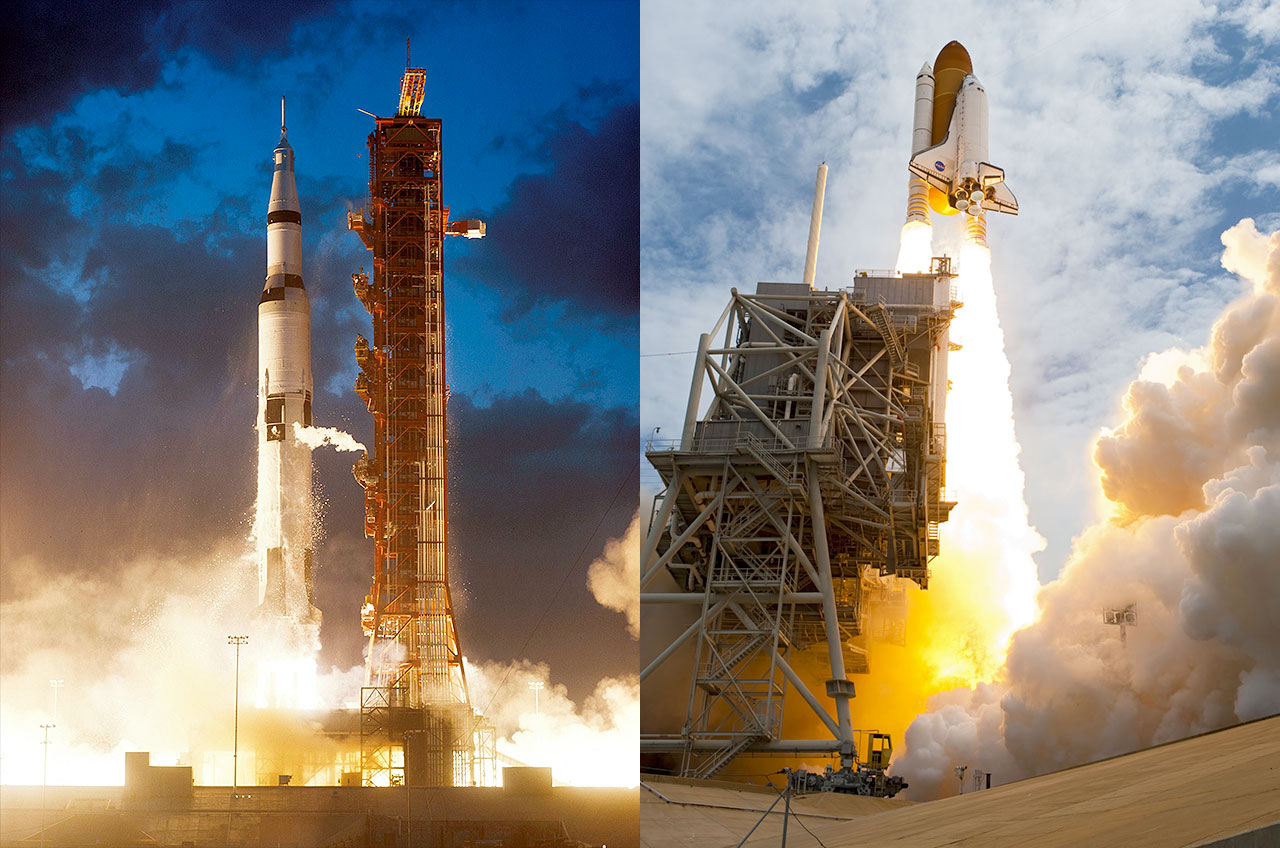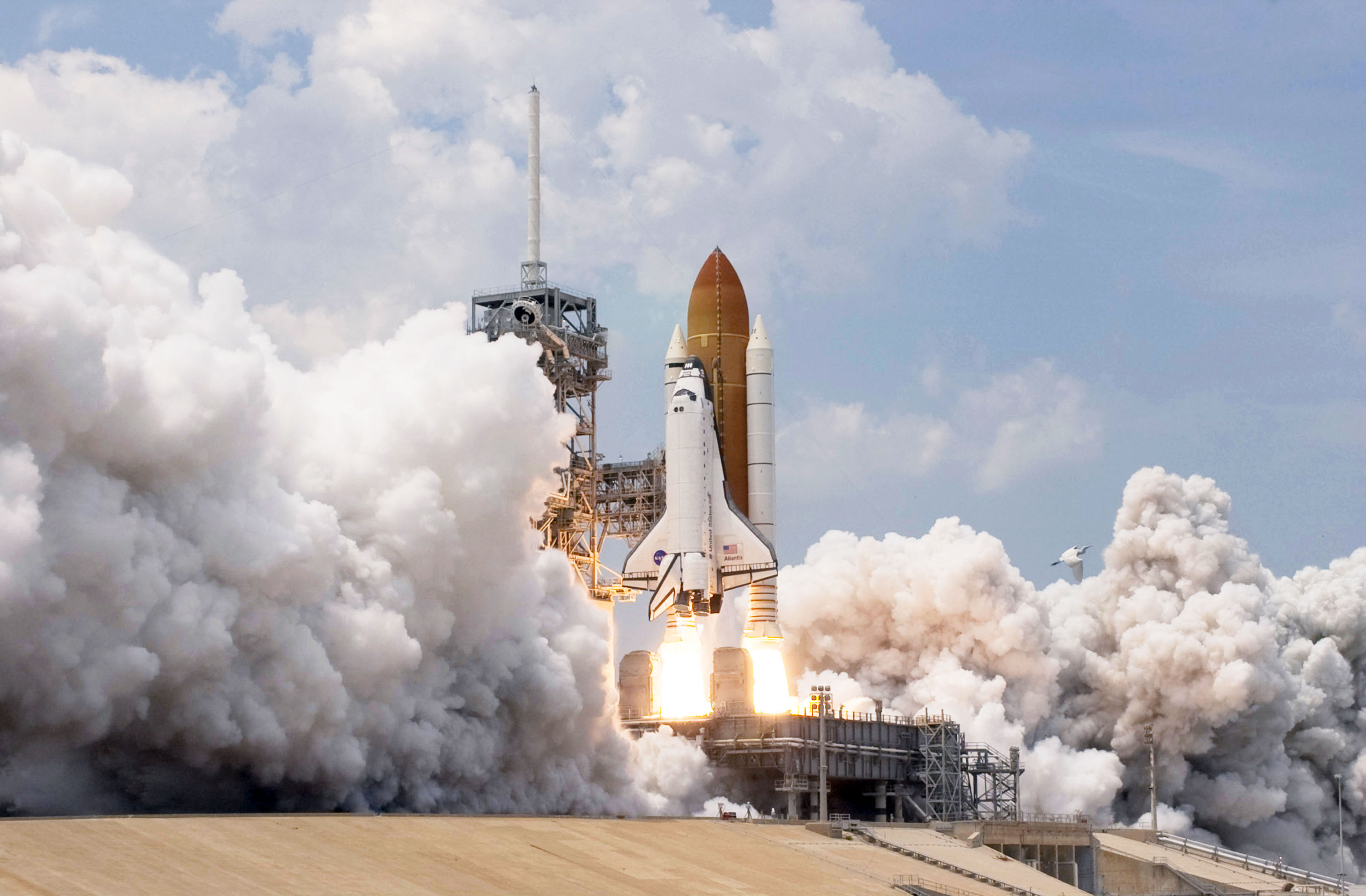
"We know we had a bad sensor," said John Honeycutt, program manager for this rocket at NASA's Marshall Space Flight Center in Huntsville, Ala. The space agency's first effort to launch this rocket had to be scuttled on Monday morning after a sensor indicated that one of the rocket's four engines didn't seem to be cooling down to the proper temperature of approximately minus-420 degrees Fahrenheit.Īfter studying the problem and troubleshooting, officials said it's clear the engine was actually fine and a sensor was giving a false temperature reading.

Google Map for some local favorites & NASA suggested spots for the best rocket launch views. Learning from one of its greatest tragedies, NASA was able to rebuild and maintain a Space Shuttle program that has been remarkably safe and reliable. "We do not launch until we think it's right," NASA Administrator Bill Nelson said. The latest information on launches from the Space Coast. With the launch of Space Shuttle Discovery on SeptemNASA entered a brand new era of Space Shuttle operations, adopting a more relaxed pace averaging about eight launches per year. NASA is also developing the Space Launch System, an. Instead they said the earliest they could try for another launch would be late September. The Multi-Purpose Crew Vehicle, for example, is being developed to take four astronauts on 21-day missions. Officials announced Saturday afternoon that they wouldn't attempt another launch during the current launch period, which ends on Tuesday. ET after several unsuccessful attempts to stop a leak of liquid hydrogen fuel. The official scrub announcement from Launch Director Charlie Blackwell-Thompson came around 11:19 a.m. The decision on Saturday morning was the second time in a week the launch had been postponed. 19 after scrapping a planned launch on Saturday. If teams need more time, a 70-minute opportunity is available at 11:37 a.m. That window would remain open for two hours.

NASA has delayed any new launch attempt for the Artemis moon mission until at least Sept. If two issues can be resolved in time, NASA hopes to launch the 322-foot Space Launch System rocket from pad 39B no earlier than 6:47 a.m. NASA's Space Launch System rocket with the Orion spacecraft aboard is seen atop the mobile launcher at the Kennedy Space Center in Cape Canaveral, Fla., on Saturday before the planned launch was scrubbed due to fuel leaks.ĬAPE CANAVERAL, Fla.


 0 kommentar(er)
0 kommentar(er)
